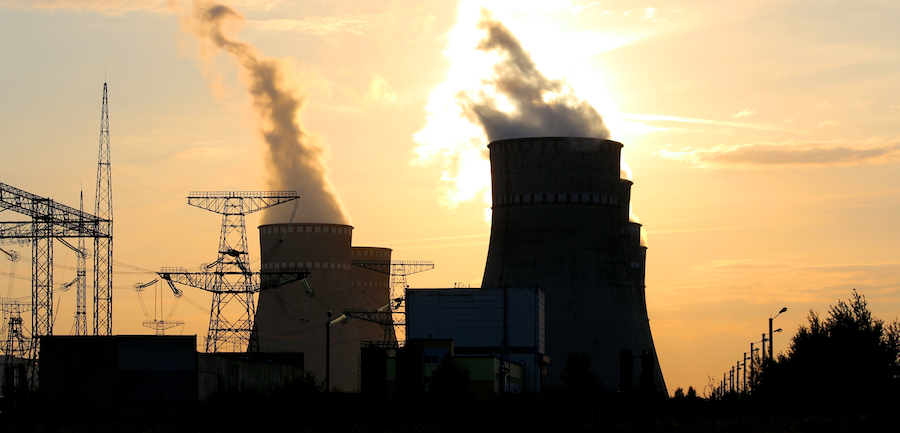
A new open letter from Ofgem’s Chief Executive spelt out how the industry is responding to the energy crisis across four distinct areas.
Jonathan Brearley, the Chief Executive of energy regulator Ofgem, recently published an open letter to the energy industry offering a snapshot of where the sector currently stands. With a particular focus on changes in the energy supply market and an alteration in its approach to regulation, Ofgem spelt out to suppliers that they must remain vigilant even though the recent energy crisis appears to have peaked.
In this article, we’ll examine more about this open letter, concentrating on the four areas delineated by Ofgem:
- Pricing
- Financial resilience
- Market stabilisation
- Service levels
Let’s get started.
1 – Pricing
Wholesale gas and electricity prices remain high, but they have fallen since the historic levels of 2022 and early 2023. However, there is a concern that suppliers are not reflecting these wholesale price drops in the rates they charge to their customers. Ofgem will monitor and adjust the price cap to ensure it protects consumers without making suppliers less resilient. Nevertheless, Ofgem predicts the sector will be profitable this year, for the first time since 2018.
In addition, Ofgem is considering plans to ensure customers with prepayment meters no longer pay more for their energy than customers on direct debits. Once government support for energy bills ends in April 2024, Ofgem expects a rule to be in place. Ofgem is also reviewing suppliers’ operating costs, which are a vital component of the standing charges paid by customers.
As the market returns to something close to normal, Ofgem is reviewing whether the price cap model it previously used is still the best way to protect consumers. It states that a new solution with more flexibility and resilience may be needed.
2 – Financial resilience
Ofgem regards a return to profit for the industry as a sign of a healthy market that can now invest and innovate to deliver for its customers. It will also make suppliers more financially resilient, which is essential when so many smaller suppliers have gone out of business in recent months.
However, Ofgem is concerned that suppliers may be tempted to use this profit to pay dividends to shareholders rather than invest in providing a better service. It has set out a list of capital requirements that suppliers should meet before they can pay out dividends
3 – Market stabilisation
As prices begin to fall and the government reduces its support in the market, Ofgem expects a gradual return to competition in the industry. At the height of the energy crisis, switching suppliers was nigh on impossible. It’s a priority for Ofgem that switching returns, as it’s an essential driver of better value for customers.
Ofgem will assess whether to remove the measures it introduced during the crisis, including the market stabilisation charge and the ban on acquisition tariffs. It’s considering introducing a new requirement where suppliers must publish all their domestic tariffs to customers and third-party comparison sites to increase transparency and stimulate competition.
4 – Service levels
According to Ofgem research, standards of service in the energy industry have decreased in recent years. Customer satisfaction with their energy supplier dropped from 74% to 66% between 2018 and 2022, while only 58% of customers said it was easy to contact their supplier. Ofgem plans to address this drop in service levels by introducing a new consumer standards framework and considering increasing financial penalties for poor service.
It is also concerned with what the future holds. If prices remain at current levels, the forthcoming winter could see many customers struggle to pay their energy bills. Ofgem wants to see suppliers laser-focused on how best to support their financially vulnerable customers.
Ofgem also would like to see suppliers better meet their obligations on government schemes, including ECO home insulation and the smart meter rollout. Suppliers that fail to meet targets now the energy crisis has lessened will be severely dealt with.
A welcome intervention
From our point of view, it’s great to see Ofgem updating the industry in this way. Clearly, Ofgem is trying to balance the need to support consumers and protect suppliers (when many have gone out of business in recent times). Ofgem is anticipating a return to full competition soon and wants to work with the industry to ensure no one loses out. While it’s good to see the industry returning to something resembling normal, there is still much more work to be done.
